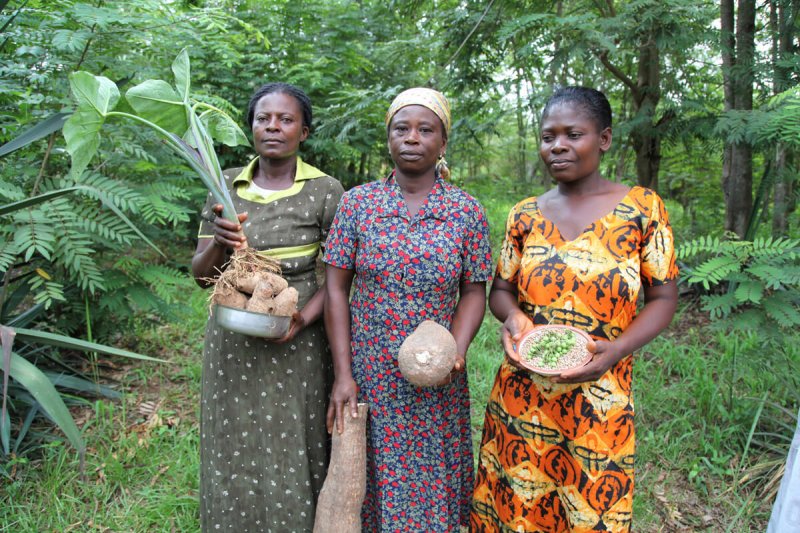[Head of advocacy and programs at the Peasant Farmers Association of Ghana, Dr. Charles Nyaaba] said that modern technological inventions, including synthetic fertilizers and pesticides, can be applied even in agroecological production, as long as the fundamental principle of protecting the environment is not violated.
“There is a clear distinction between agroecology farming and organic farming,” explained Nyaaba.
…
His stance marks a departure from the approach promoted by the Food and Agricultural Organization (FAO), the Alliance for Food Sovereignty in Africa (AFSA) and international aid organizations like ActionAid and Oxfam.
…
On its website, AFSA’s list of agroecology principles include championing small African family farming/production systems based on agroecological and indigenous approaches …. rejecting the genetic engineering and privatization of living organisms.
Nassib Mugwanya, a Ugandan agricultural communications specialist …. believes the wholistic definition of agroecology creates an opportunity to embrace emerging technologies, such as genetically modified (GM) seeds. “For example, what agroecology cares about today is to minimize damage to the environment,” Mugwanya said. “What if I tell you about the GM crop that has been engineered to reduce pesticide application? …. That is the conversation I want to hear, which is rooted in the contextual realties of what farming is in Africa.”
…
Nyaaba added: “Just as conventional agriculture is evolving, we keep getting new technology in agroecology, too. Personally, my position on agroecology is not ideological. It is flexible.”
Read the original post































